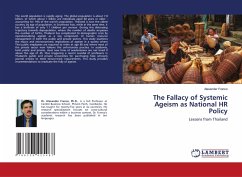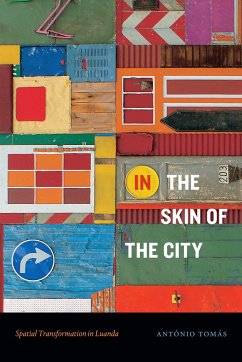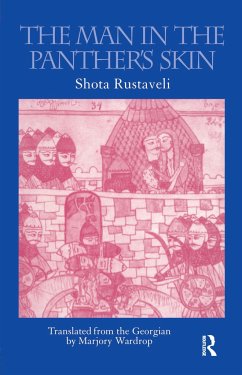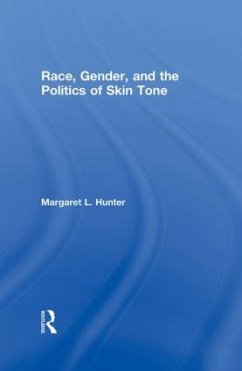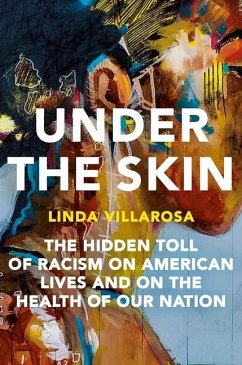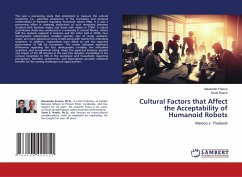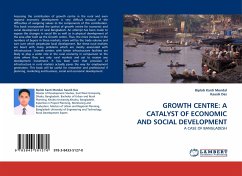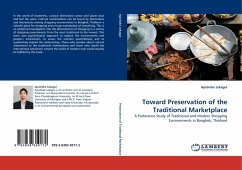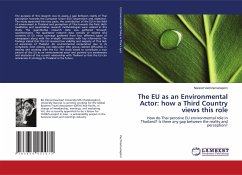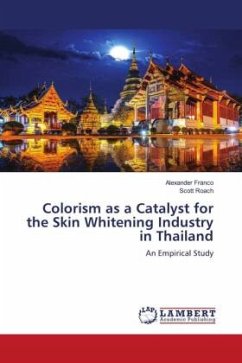
Colorism as a Catalyst for the Skin Whitening Industry in Thailand
An Empirical Study
Versandkostenfrei!
Versandfertig in 6-10 Tagen
29,99 €
inkl. MwSt.

PAYBACK Punkte
15 °P sammeln!
Colorism is a historical and cultural phenomenon with global dimensions. It is credited, in part, for the growth and financial success of the skin-lightening industry throughout the world. In Thailand, dark skin is often associated with lower income classes, including farm labor. As a pioneering effort, this study sought to empirically identify colorism in a way that would minimize social desirability bias. Three groups in an MBA program at an international university in Bangkok - Thais with Chinese ancestry, non-Chinese Thais, and non-Thai foreigners - were asked to identify socio-economic st...
Colorism is a historical and cultural phenomenon with global dimensions. It is credited, in part, for the growth and financial success of the skin-lightening industry throughout the world. In Thailand, dark skin is often associated with lower income classes, including farm labor. As a pioneering effort, this study sought to empirically identify colorism in a way that would minimize social desirability bias. Three groups in an MBA program at an international university in Bangkok - Thais with Chinese ancestry, non-Chinese Thais, and non-Thai foreigners - were asked to identify socio-economic status by examining photographs of male and female Thais with dark, medium, and light skin tones. An analysis was conducted using the demographic variables of ethnicity, gender, and age. The study found significant differences wherein Thai-Chinese associated light skin tone with wealth and dark skin tone with poverty. Non-Chinese Thais followed in this assessment, but foreigners did not. Regarding marriage, both Thai-Chinese and non-Chinese Thais chose photographs of individuals with light skin to marry, but they were significantly different than the foreigners where skin tone was not a factor.



